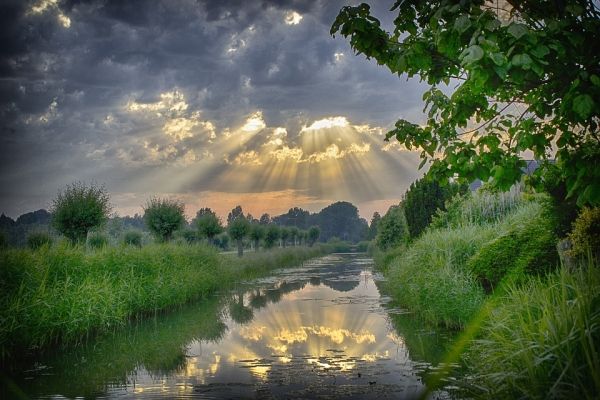No more than 540 million years ago there was a huge boom in the diversity of animals on Earth. The first larger animals evolved in what is today known as the Cambrian explosion. In the time that followed, the animals evolved and grew larger, but concurrently with the evolution of the animals, the oxygen level in the atmosphere dropped and this temporarily slowed the radiation. However, subsequent oxygenation and growth of algae added energy to the food chain and got the explosion of life going.
In a new scientific study, researchers from the GLOBE Institute at the Faculty of Health and Medical Sciences, University of Copenhagen, have now found that the animals themselves probably contributed to an adjustment of the oxygen level and thus indirectly controlled their own development.
’For the first time, we have succeeded in measuring ’Earth's heartbeat’– understood as the dynamics between the oxygen level and the productivity on Earth. We have found that it is not just the environment and the oxygen level that affect the animals, but that, most likely, the animals affect the oxygen level’, says Associate Professor Tais Wittchen Dahl from the GLOBE Institute.
Read more at University of Copenhagen the Faculty of Health and Medical Sciences
Photo credit: MarcoRoosink via Pixabay


